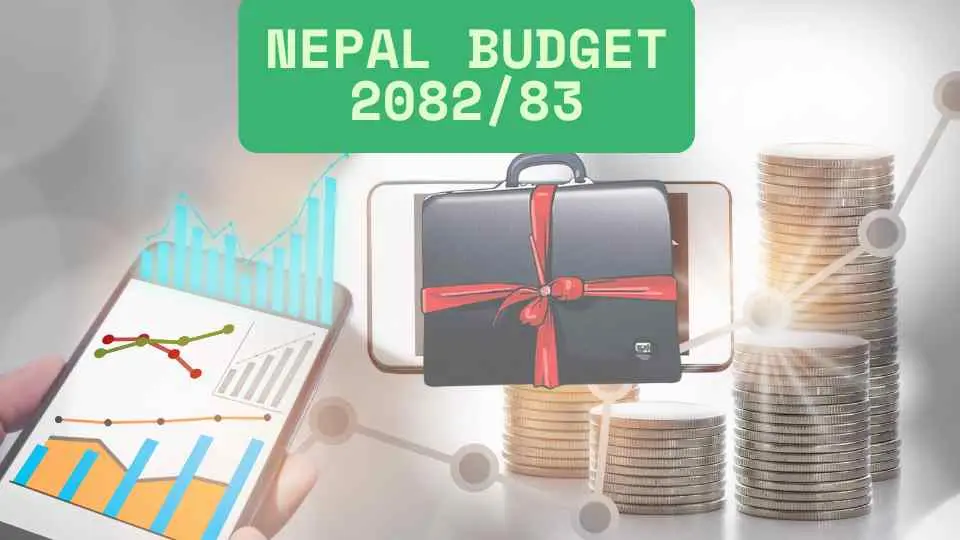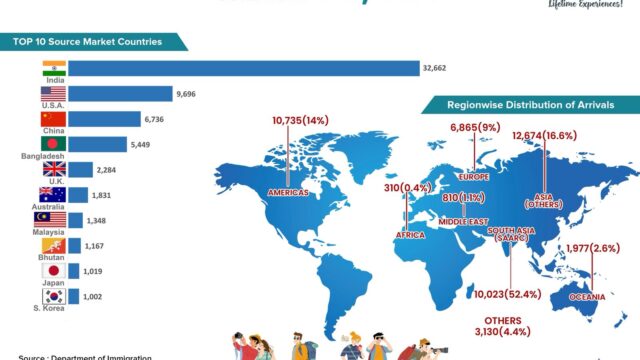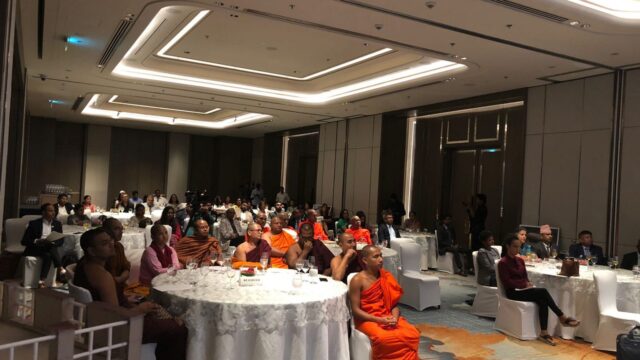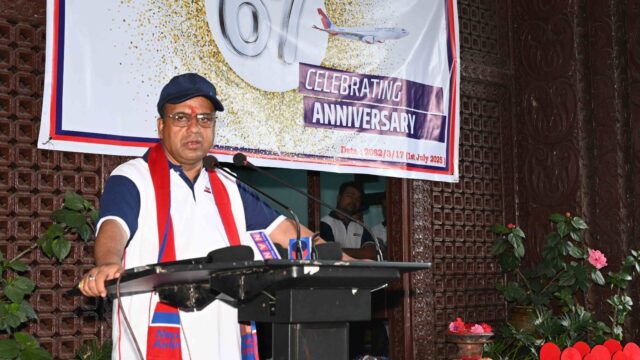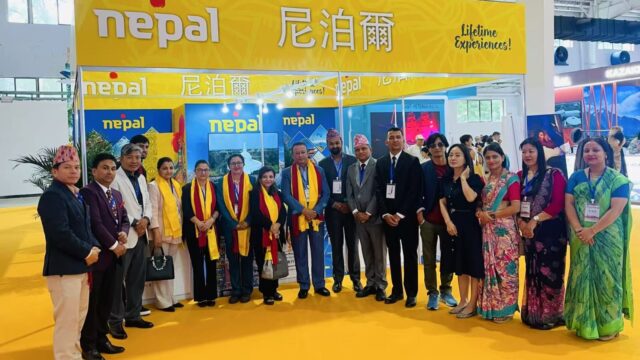The Government of Nepal’s fiscal year 2082/83 budget has introduced several key measures aimed at boosting tourism. Among the major highlights are the development of new trekking routes connecting destinations like Shuklaphanta and Khaptad, planned upgrades to Gautam Buddha and Pokhara International Airports, and efforts to push forward construction of Nijgadh Airport and groundwork for a regional airport in Surkhet. The tourism sector has also received targeted support in the form of tax exemptions for hotels and resorts, now classified as productive industries, along with service charge policies to benefit workers in hospitality.
However, while these measures have been generally well-received, serious concerns remain, particularly regarding the continued imposition of Value Added Tax (VAT) on domestic and international airfares. This issue has drawn widespread criticism from stakeholders, including the Nepal Association of Tour and Travel Agents (NATTA), the Federation of Nepalese Chambers of Commerce and Industry (FNCCI), the Hotel Association Nepal (HAN), the Trekking Agencies’ Association of Nepal (TAAN), and the Nepal Mountaineering Association (NMA).
These groups argue that airfare can account for up to 75% of a tourist’s total expenses, and maintaining VAT only serves to deter potential visitors. Despite consistent lobbying from the tourism sector, the government has once again failed to address this concern in the new budget.
Tourism entrepreneurs have expressed mixed reactions to the fiscal plan. While they acknowledged the positive intentions behind new infrastructure projects and fiscal incentives for the hospitality industry, many believe that the continued VAT on airfare could negate much of the progress. Industry representatives from NATTA and other associations have reiterated that affordable air travel is essential for boosting tourist numbers and promoting Nepal as a competitive destination.
Tourism Entrepreneurs’ Voice in Nepal’s 2082/83 Budget
During a discussion with Surya Thapaliya, Senior Manager at Nepal Tourism Board, he expressed a balanced view on the recently announced tourism budget. “Structural reforms are key; reducing airfare needs long-term aviation improvements.” – Mr. Thapaliya. He acknowledged that while many stakeholders are concerned about the continued imposition of VAT on airfare, reducing this tax cannot happen overnight. He emphasized that to effectively lower airfare costs, Nepal’s internal flight system must be modernized to compete with international airlines.
Increasing the number of flights, especially by Nepal Airlines Corporation, would help regulate airfare prices and attract more tourists. Regarding the budget, he expressed satisfaction, noting that it is a practical allocation aimed at tangible development. He also highlighted the positive step of treating hotels and resorts as productive industries, granting them exemptions on income tax and electricity duties. Furthermore, legal provisions are planned to support workers in hotels, restaurants, and jungle safaris through service charges, which will help strengthen the tourism workforce and improve service quality.
Echoing similar sentiments, Mr. Kumar Mani Thapaliya, President of NATTA, a prominent tourism association, voiced both hope and apprehension. “A big step forward, but unless airfare becomes affordable, growth remains limited” – Mr. Thapaliya. He praised the government’s efforts to develop trekking routes and upgrade infrastructure, but stressed that many commitments lacked clarity and actionable plans. He emphasized that without addressing key financial burdens like VAT on airfare, the sector’s growth potential may remain largely unrealized.
Likewise, Mr. Bishnu Pandey, Secretary of NATTA, expressed appreciation for the government’s allocation for tourism in the fiscal year 2082/83, particularly highlighting positive initiatives such as treating hotels and resorts as productive industries with exemptions from income tax and electricity duties. “We need action, not just announcements, VAT on flights contradicts our tourism goals.” – Mr. Pandey. He also noted the planned legal provisions to encourage workers in hotels, restaurants, and jungle safaris through service charges, which could benefit the sector’s workforce.
However, Mr. Pandey voiced serious concern over the continuation of VAT on airfare, a tax that has been consistently criticized by tourism stakeholders for increasing travel costs and discouraging tourists. Despite hopes that this VAT would be removed in the new budget, its persistence was seen as a major obstacle to the long-term growth of Nepal’s tourism industry. He emphasized that while the overall budget shows promise for developing infrastructure and tourism promotion, the VAT on airfare remains a significant challenge that the government needs to address to fully realize the sector’s potential.
While the budget for FY 2082/83 lays out several encouraging plans to enhance Nepal’s tourism infrastructure and recognizes the importance of the hospitality sector, key industry voices warn that these steps may fall short if core issues like VAT on airfare are not addressed. The mixed reactions from tourism entrepreneurs highlight a common theme: infrastructure development and fiscal incentives are valuable, but affordability and accessibility remain at the heart of tourism growth. For Nepal to truly capitalize on its natural and cultural wealth, policymakers must align financial policies with the realities of global tourism trends.
